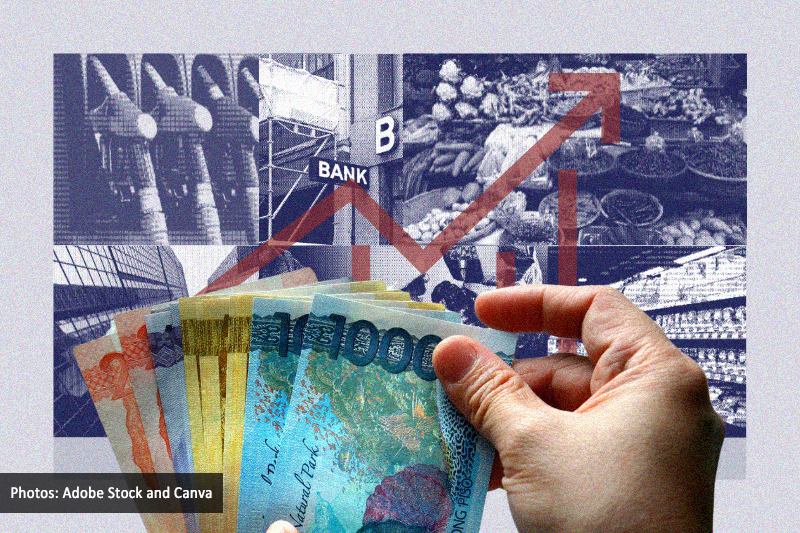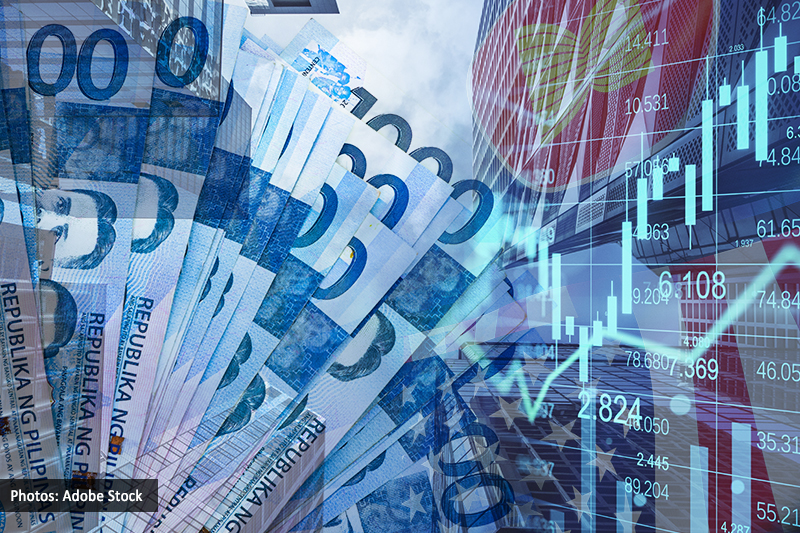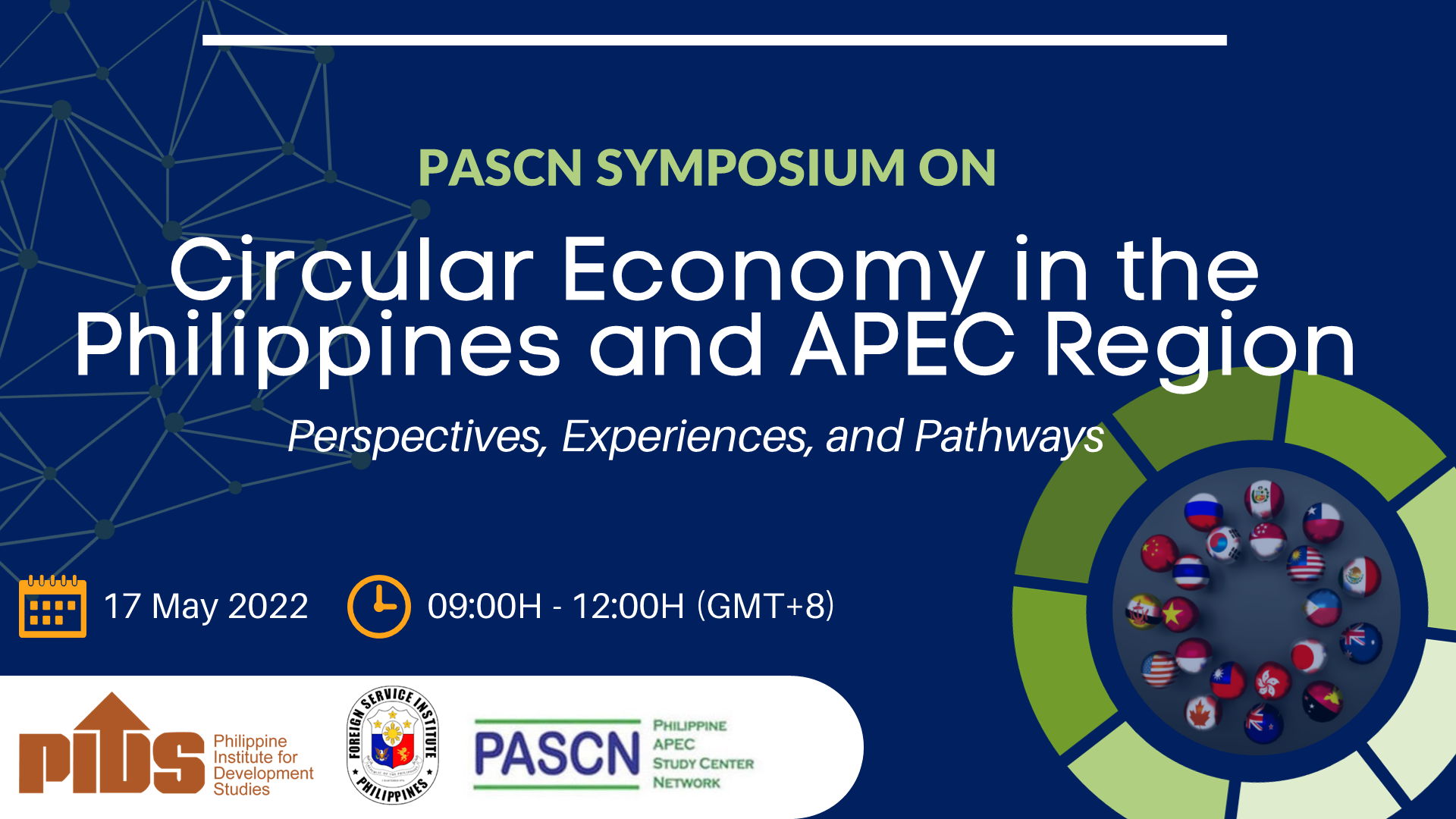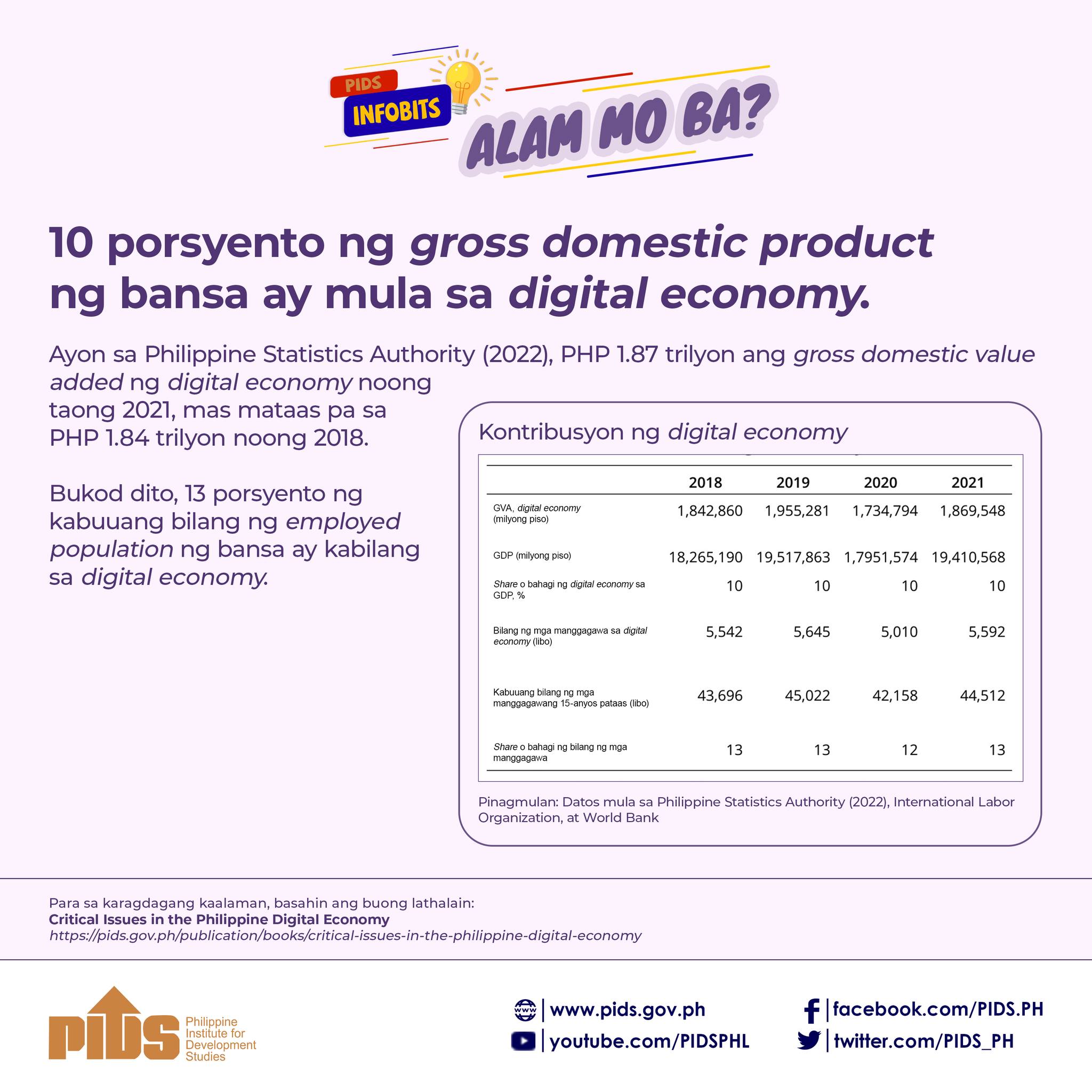Recovery in the European Union (EU) will boost the Philippine economy given strong trade and investment relations between the two.
In a recent forum organized by state think tank Philippine Institute for Development Studies (PIDS), Prof. Lino Briguglio of the Department of Economics, University of Malta, noted that "economic conditions in the EU are likely to have an effect on the Philippine economy, given that the EU is an important trade partner and a major FDI (foreign direct investment) contributor."
The Philippines enjoys a trade surplus with the EU, he said. Total EU FDI stock reached just under EUR8 billion in 2011, making the bloc the largest investment partner of the Philippines. EU FDI accounted for about 30percentof the Philippines' FDI stock, Briguglio said.
Briguglio, who is also director of the Small States Network for Economic Development of his university, noted how the Philippines was able to absorb the shocks that arose from the Eurozone crisis, as evidenced by its solid economic growth rates and its relatively low debt ratio.
"The most important item of export from the Philippines to the EU are electronics, but other manufacturers and agricultural products are increasing their share (including coconut oil, fruits, and fish)," the economist said. "Services exports to the EU are dominated by transportation, travel services and IT services. The services trade between the Philippines and the EU fluctuates and shows no tendency for surplus or deficit," he added.
Other major EU- Philippines economic growth factors can be attributed to tourism and remittances from overseas Filipinos in EU countries.
"It is not easy to exactly determine the effect of conditions in the EU on the Philippine economy, because there are many factors involved, including the Philippine banks' balance sheets and their exposure to the Eurozone, which do not seem to have posed major problems," Briguglio said.
He noted that debt-to-GDP ratios of countries in the Association of Southeast Asian Nations (ASEAN) were not too high, making these countries more resilient. "The ASEAN as a whole is the EU's third largest trading partner outside Europe (after the US and China) with more than EUR206 billion of trade in goods and services in 2011," Briguglio said.
The largest investor in the ASEAN countries is the EU, with around EUR10 billion invested annually on average during the 2000-2012 period.
Briguglio noted with a stark observation how developing countries like the Philippines were able to stave off the effects of the European crisis: "The lesson here is that countries that used to teach developing countries how to behave, themselves misbehaved," Briguglio said.
The forum was the third Pulong Saliksikan seminar of Briguglio at PIDS. The seminar series aims to give an opportunity to PIDS researchers and visiting experts to present their papers and research findings.
In a recent forum organized by state think tank Philippine Institute for Development Studies (PIDS), Prof. Lino Briguglio of the Department of Economics, University of Malta, noted that "economic conditions in the EU are likely to have an effect on the Philippine economy, given that the EU is an important trade partner and a major FDI (foreign direct investment) contributor."
The Philippines enjoys a trade surplus with the EU, he said. Total EU FDI stock reached just under EUR8 billion in 2011, making the bloc the largest investment partner of the Philippines. EU FDI accounted for about 30percentof the Philippines' FDI stock, Briguglio said.
Briguglio, who is also director of the Small States Network for Economic Development of his university, noted how the Philippines was able to absorb the shocks that arose from the Eurozone crisis, as evidenced by its solid economic growth rates and its relatively low debt ratio.
"The most important item of export from the Philippines to the EU are electronics, but other manufacturers and agricultural products are increasing their share (including coconut oil, fruits, and fish)," the economist said. "Services exports to the EU are dominated by transportation, travel services and IT services. The services trade between the Philippines and the EU fluctuates and shows no tendency for surplus or deficit," he added.
Other major EU- Philippines economic growth factors can be attributed to tourism and remittances from overseas Filipinos in EU countries.
"It is not easy to exactly determine the effect of conditions in the EU on the Philippine economy, because there are many factors involved, including the Philippine banks' balance sheets and their exposure to the Eurozone, which do not seem to have posed major problems," Briguglio said.
He noted that debt-to-GDP ratios of countries in the Association of Southeast Asian Nations (ASEAN) were not too high, making these countries more resilient. "The ASEAN as a whole is the EU's third largest trading partner outside Europe (after the US and China) with more than EUR206 billion of trade in goods and services in 2011," Briguglio said.
The largest investor in the ASEAN countries is the EU, with around EUR10 billion invested annually on average during the 2000-2012 period.
Briguglio noted with a stark observation how developing countries like the Philippines were able to stave off the effects of the European crisis: "The lesson here is that countries that used to teach developing countries how to behave, themselves misbehaved," Briguglio said.
The forum was the third Pulong Saliksikan seminar of Briguglio at PIDS. The seminar series aims to give an opportunity to PIDS researchers and visiting experts to present their papers and research findings.












